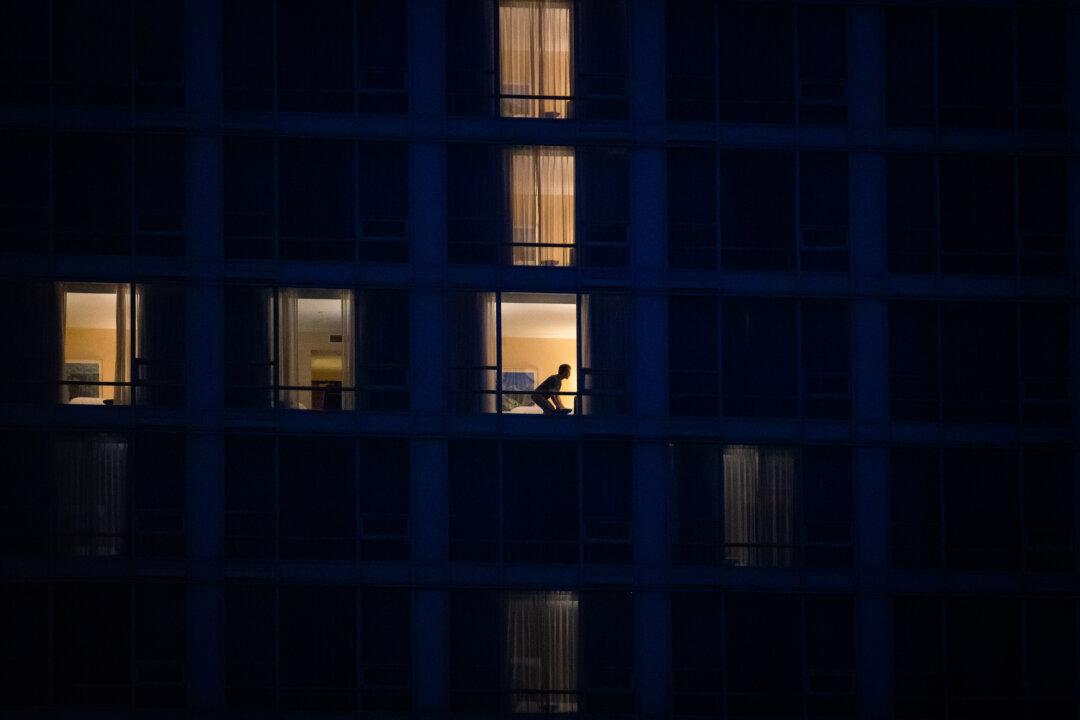Federal public health authorities awarded $52 million in sole-source contracts under emergency powers to private security companies to help enforce its COVID-19 quarantine orders, data provided by Procurement Canada reveals.
The four private contractors selected by the Public Health Agency of Canada (PHAC) ended up making 590,000 compliance verification visits from Jan. 29, 2021 to Sept. 15, 2022, according to spokesperson Tammy Jarbeau.





